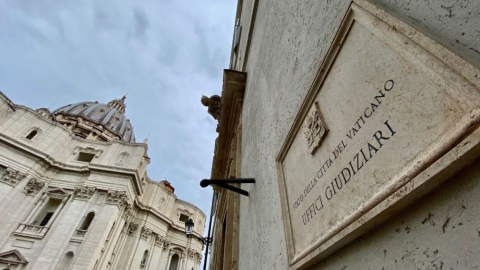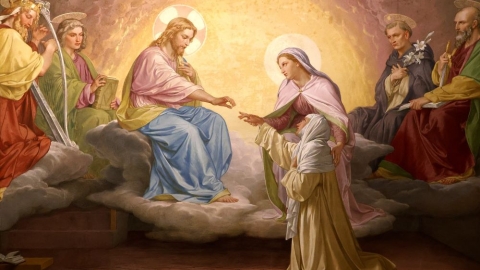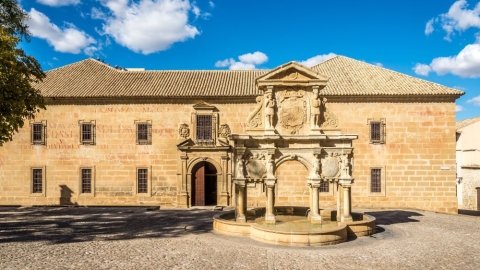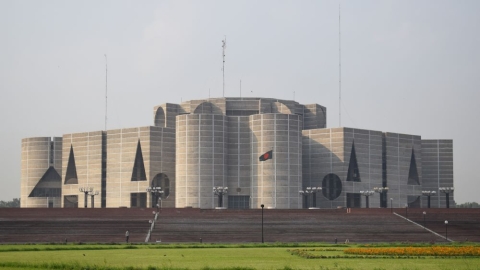Pope Francis Defends Fiducia Supplicans
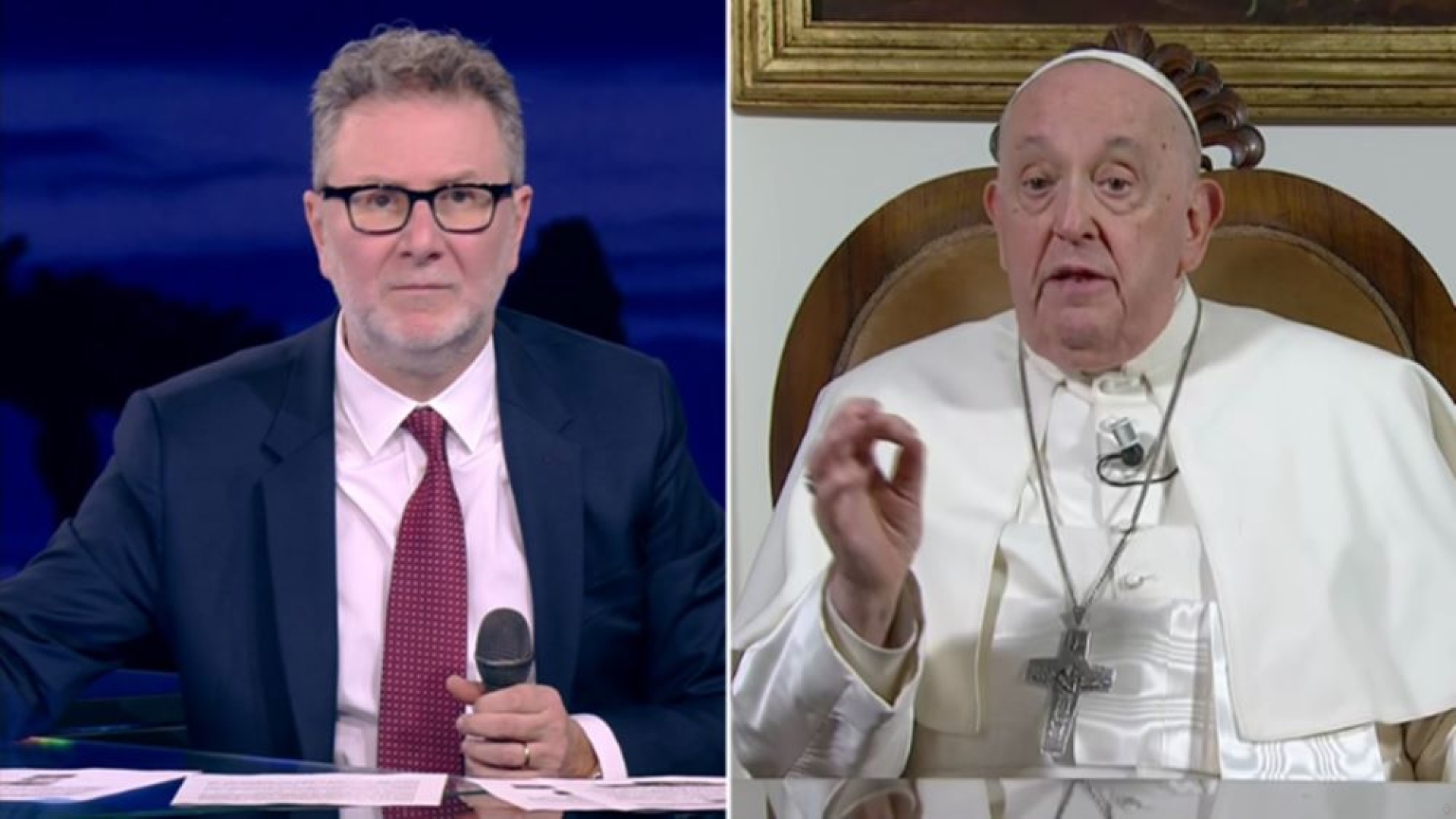
Pope Francis gave an interview on the Italian television channel Nove, during the program Che tempo che fa (What’s the weather?). Many issues were discussed: from the wars in Ukraine and the Holy Land to migrants, the Pope’s trips, and his possible resignation. The controversy over the Fiducia Supplicans declaration was also brought up.
The Pope’s response is worth quoting: “When making a decision, there is a price of solitude to pay and sometimes the decisions are not accepted, but most of the time, when decisions are not accepted, it is because we don’t know.
I say that if you don’t like this decision, go and talk about it, express your doubts and have a fraternal discussion, and that is how things happen. The danger is that I don’t like it and I take it to heart, I become resistant, and I draw the wrong conclusions. This is what happened with the recent decisions concerning the blessing of all.”
This reponse is unfortunately very evocative of the spirit that has guided the pontificate of Francis: if you do not agree, it is because you have not understood, and your lack of understanding ends up making you “resistant”--”backward,” in a sense--and you draw false conclusions.
The Criticism is Doctrinal and Not Only Pastoral
If we follow the Supreme Pontiff correctly, we must say that all of the Catholics on an entire continent--and at least four European episcopal conferences--are mistaken. They do not know why the decision was made, and they draw the wrong conclusions. This is without doubt one of the worst defenses that the Pope could use.
Because it is not a question of prudence: in this case, it’s true, one must know all the circumstances and possess a global, total view of the subject in order to make a good decision. So those who only have a partial view of it can easily be mistaken.
But as a matter of fact, doctrine itself is involved. As the communiqué of the Superior General of the Society of Saint Pius X explained very well: “When we bless a couple, we do not bless isolated individuals: we necessarily bless the relationship that unites them. However, we cannot redeem an intrinsically bad and scandalous reality.” This point has been largely echoed by nearly all those who refused this blessing.
Furthermore, “All the convoluted language and sophistical dressing up of the document of the Dicastery for the Doctrine of the Faith cannot hide the elementary and obvious reality of these blessings: they will do nothing more than reinforce these unions in their intrinsically sinful situation, and encourage others to follow them. This will merely be a substitute for Catholic marriage.”
To this the Pope responds: “You are not sufficiently informed to judge what I have done.” His error--a grave one--is to want us to believe that is only a question of pastoral care, of prudence, of circumstances. But this is only a smoke screen behind which Francis attempts to hide his error.
Related Article:
A Political Decision?
But it is possible to understand the Pope’s response in another way? If this difficult decision were taken, he seems to say that it is for higher reasons. What reasons? Political reasons, in the sense that Francis wants to give to the modern world, to the world which St. Paul describes as “evil,” a certain “sacredness,” in order to “go to the peripheries.”
This is why one of the most frightening by-products this world has produced, the LGBT movement, receives through this blessing an honorability, a gleam of the sacred. As the Pope explains a little later, using a parable in a roundabout way: “Everyone, everyone. Everyone inside. This is the Lord’s invitation.” This is why a blessing is necessary.
Francis doesn’t seem to consider the blessing in itself; for him, that is not what matters. This is why he accepted the decision of the whole African continent. What counts is that, through their decision, everyone feels accepted.
The insurmountable difficulty is that, if it’s true that the Church wishes to evangelize all men, she cannot bless what is intrinsically evil. She does not have the power, first of all, and the man of the Church who wants to cross this barrier completely oversteps his mandate, and plunges the faithful into the abyss of confusion.
(Source : Vatican news – FSSPX.Actualités)
Illustration : © Vatican news

